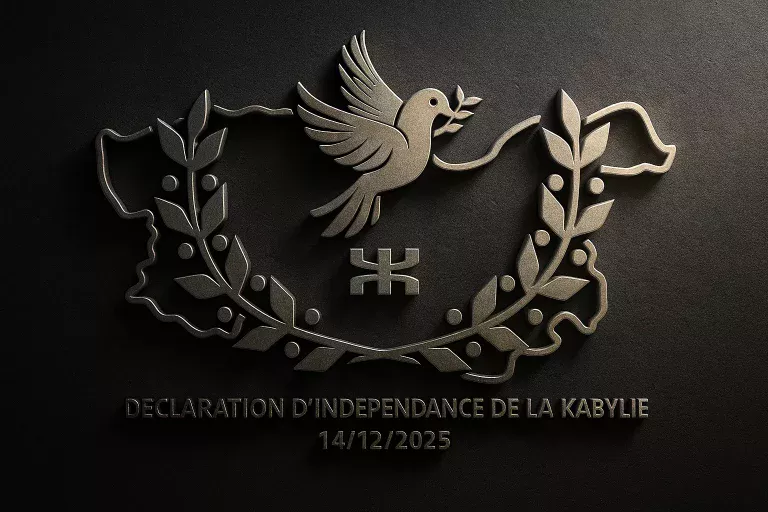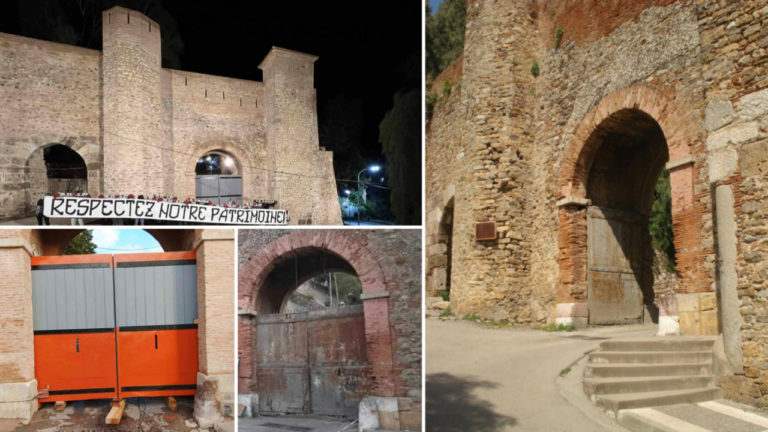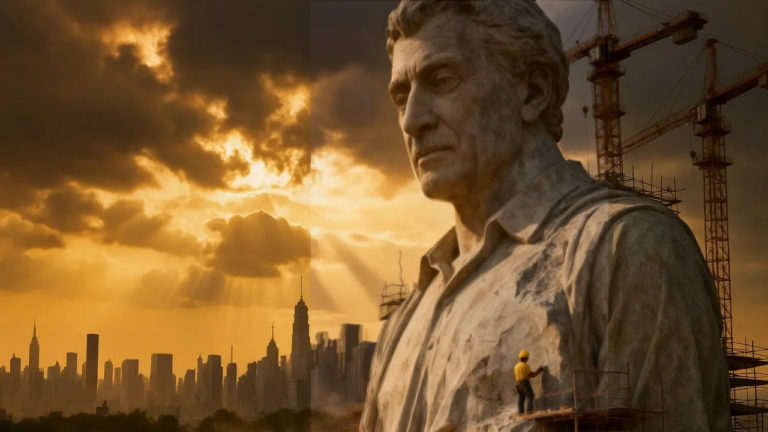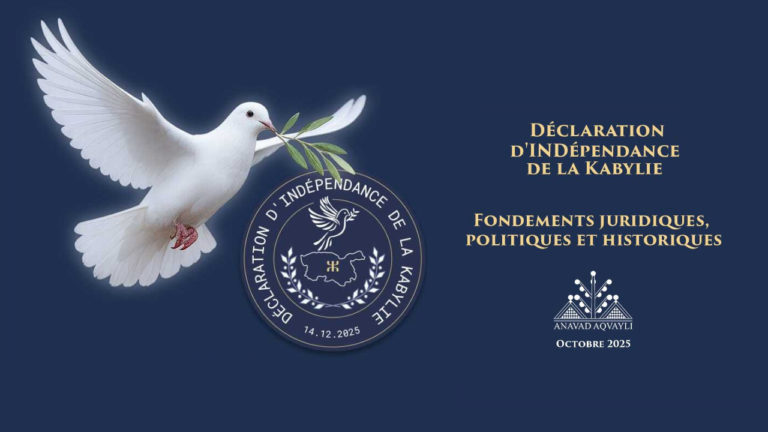New Internationalist : For Algeria’s marginalized Kabyles people, even a game of football can be problematic.

For Algeria’s marginalized Kabyles people, even a game of football can be problematic.
Alessio Perrone on the region’s political struggle
Qualifying for a football world cup is usually followed by a party. When Peru qualified for the 2018 FIFA World Cup, the country celebrated with such gusto that an earthquake detector app mistook the celebrations for a tremor. But in Algeria, when Kabylia qualified for the 2018 Confederation of Independent Football Associations (CONIFA) World Cup – a tournament for minorities and unrecognized nations – manager Axel Bellabbaci was arrested because of the existence of his team and questioned for hours.
Kabylia is a small, densely packed region on Algeria’s north coast with a population involved in a decades-long struggle for recognition. The story of its football team exemplifies the complex political tensions in the area.
Kabyles are Algeria’s largest group of Berbers: a family of indigenous north African people who have held fast to their ancient traditions, culture and language for centuries. Berbers call themselves Amazigh (‘free people’ in Tamazight) and are a sizeable minority in Algeria, Morocco, Tunisia and Libya – with between six and eight million Kabyles in Algeria, and at least a million abroad.
Following Algeria’s independence from France in 1962, Kabyles and other Berbers have fought against the marginalization of their cultural identity.
‘Since the 1960s, Algerian authorities have tried to “Arabize” the country, trying to impose another identity – an artificial identity – onto Algerians and Kabyles,’ explains Nourredine Bessadi, who advises the human rights NGO Minority Rights Group on Amazigh issues.
The Tamazight language has been at the centre of Kabyle resentment: earlier versions of the Algerian constitution named Arabic the only ‘national’ and ‘official’ language and forbade Tamazight expressions. This brewed resentment in Kabylia, which became the stronghold of resistance against Arabization.
Waves of protests have hit Kabylia over the years, demanding recognition of the Amazigh dimension of the country. The turning point was the ‘Black Spring’ of 2001, when demonstrations after the death of a young Kabyle student at the hands of the authorities were met with repression. Some 130 demonstrators were killed.
In 2016, Tamazight was finally recognized as an official language in Algeria, but this hasn’t quelled ferment in Kabylia. Some activists lament that the culture is still marginalized, and that Tamazight isn’t used in the legal system, nor is it mandatory in schools. ‘There aren’t gendarmes in the streets to prevent you from speaking Kabyle,’ says Vaz at Vrahem, secretary general of the football team. ‘But everything is still Arabized.’
Diasporan activists have since founded the Movement for the Self-Determination of Kabylia (MAK), which advocates for Kabyle identity and the right to choose their own future.
Hugh Roberts, a professor of North African history at Tufts University and an expert on Kabylia, is sceptical of the Movement, arguing it isn’t representative of the population, and finds the concept of a Kabyle national team controversial. But economic marginalization and disenchantment with more traditional political formations are fuelling a rise in support for the MAK, which also endorses the football team, and the growing number of Kabyles who no longer identify as Algerians.
The Algerian authorities remain sensitive towards the issue. Repression is erratic: meetings are occasionally banned; MAK activists are routinely stopped and questioned; some have their passports confiscated and many ultimately decide to leave the country.
This year, the politics of identity spilled over into football: Bellabbaci was released after hours of questioning. The team played qualifiers in secret to avoid repercussions. When it comes to the June CONIFA cup in London, it will likely draft players from the diaspora, adding to the feeling that the team may be the away team in London, just as it is at home.
Alessio Perrone is a freelance journalist with a passion for under-reported topics.
He worked at New Internationalist between 2016 and 2018.
You can find him on Twitter at @alessioperrone.
Read the article at its source : New Internationalist
SIWEL 022354 MAI 18





